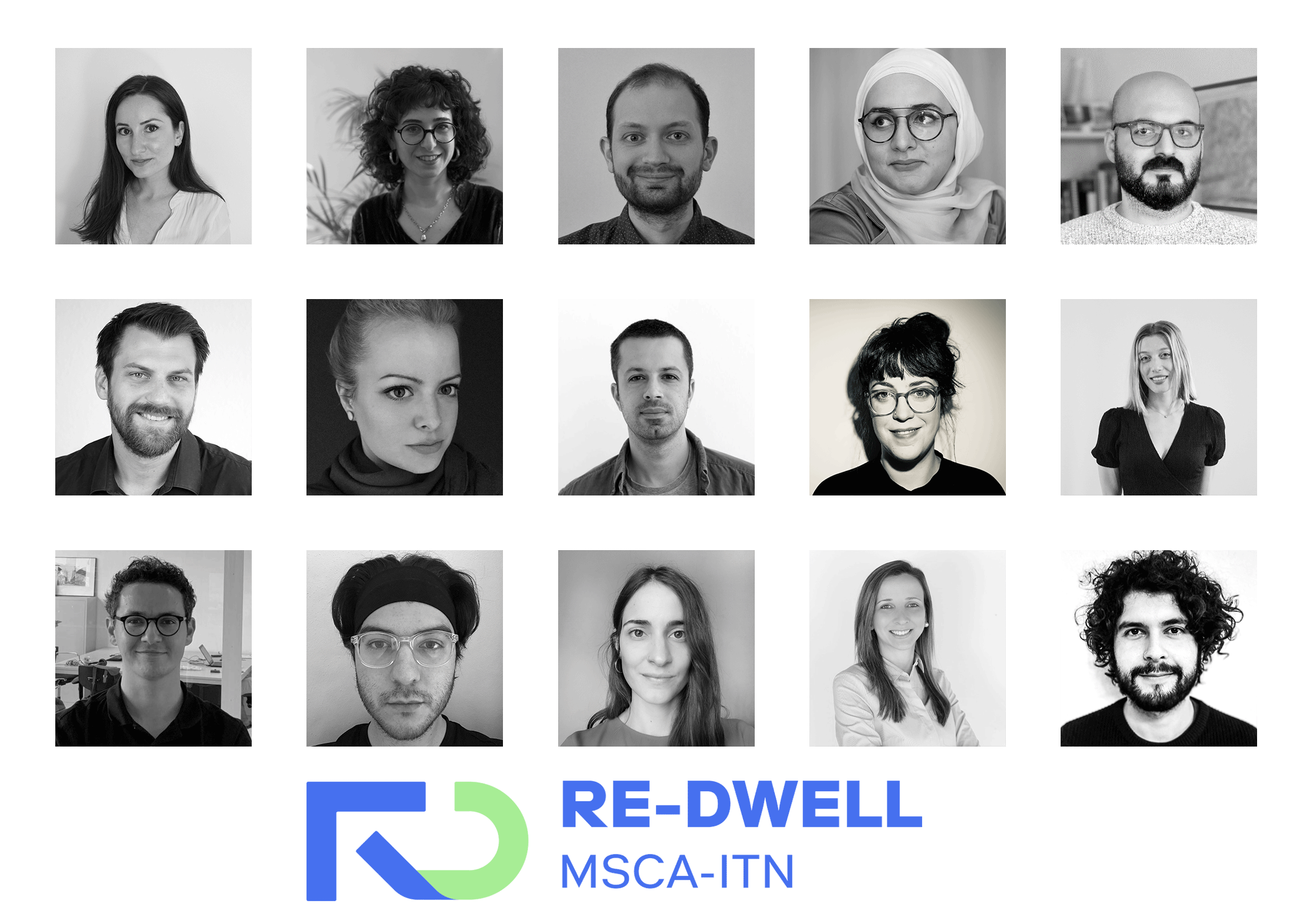Embracing transdisciplinarity
Posted on 15-07-2021
I have to admit, before embarking on this journey with the Marie-Curie International Training Network I was unfamiliar with the term transdisciplinary. The work of myself and 14 other Early Stage Researchers (ESRs) will use this concept to carry out our research with RE-DWELL, crossing the boundaries of our respective projects within the areas of design, policy and finance, and community participation.
My first practical experience getting to grips with transdisciplinarity - in the context of learning – began with our kick-off workshops last week. This was the first opportunity to meet the other ESRs, hailing from Europe, the Middle East, and North and South America. As a part of the introductory sessions, we were tasked with defining sustainability, affordability and transdisciplinarity in small groups.
This was a particularly interesting task, as we were put in mixed groups with ESRs from different professional and academic backgrounds. It was also the first opportunity to speak one-to-one and get to know my fellow ESRs, and gain an understanding of their perspectives on the core issues of sustainability and affordability, relative to their field. My group consisted of two architects (myself included) and a political-scientist. Combining our mixed experiences brought up some interesting points which I am sure would not have been considered, had it just been limited to architects.
Since the current Covid-19 pandemic online working environments are now the norm. But it is hard to imagine otherwise how these workshops could have been delivered as efficiently and effectively. The use of visual concept boards and virtual breakout rooms meant we could be organised in groups and present information with ease (plus it meant we significantly reduced our carbon footprints!). Of course, this isn’t a replacement for in-person collaboration, and I look forward to meeting the ESRs and the wider training network in the coming months. However, these workshops have demonstrated the usefulness of online working environments to facilitate transdisciplinary learning.



